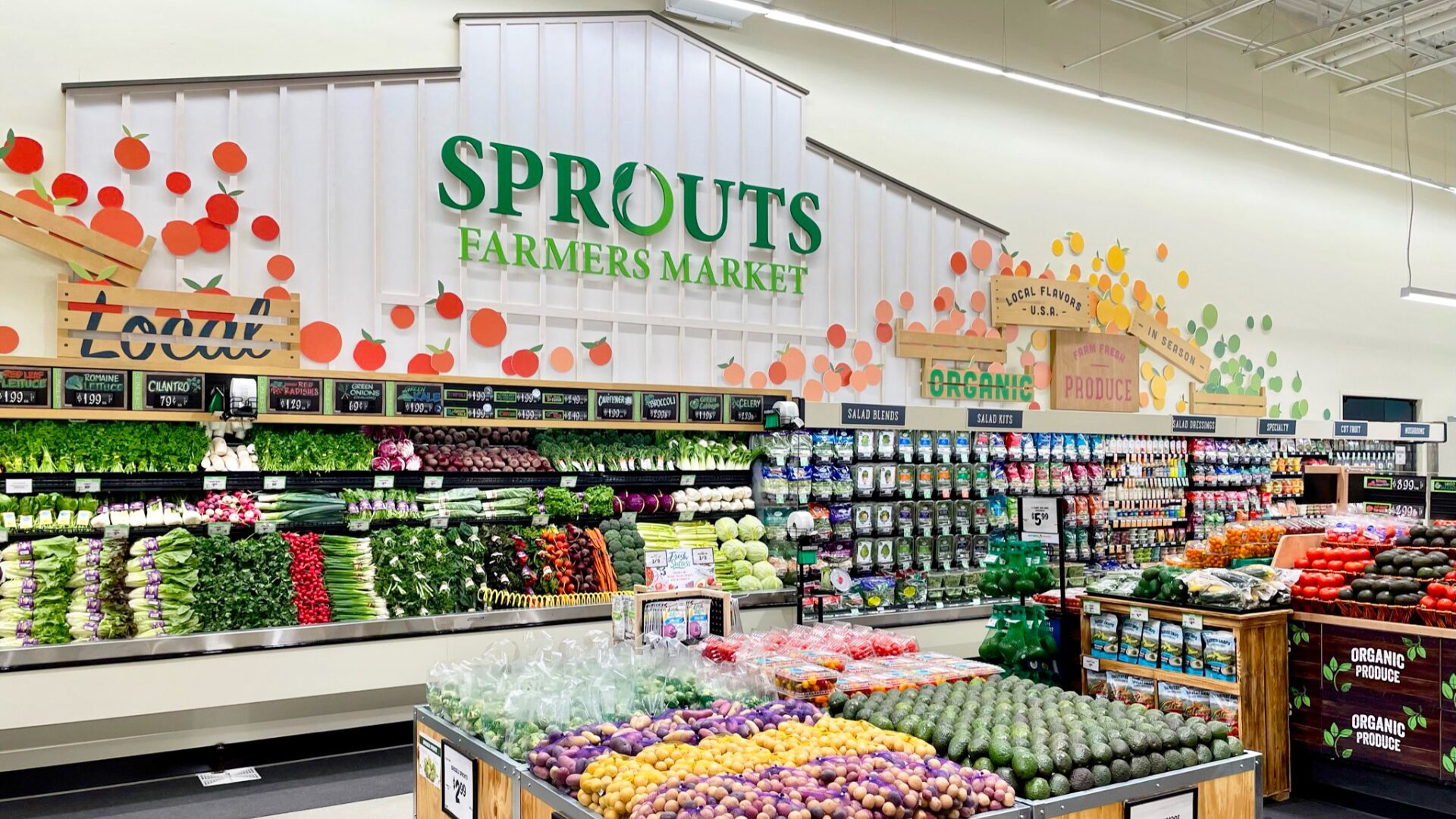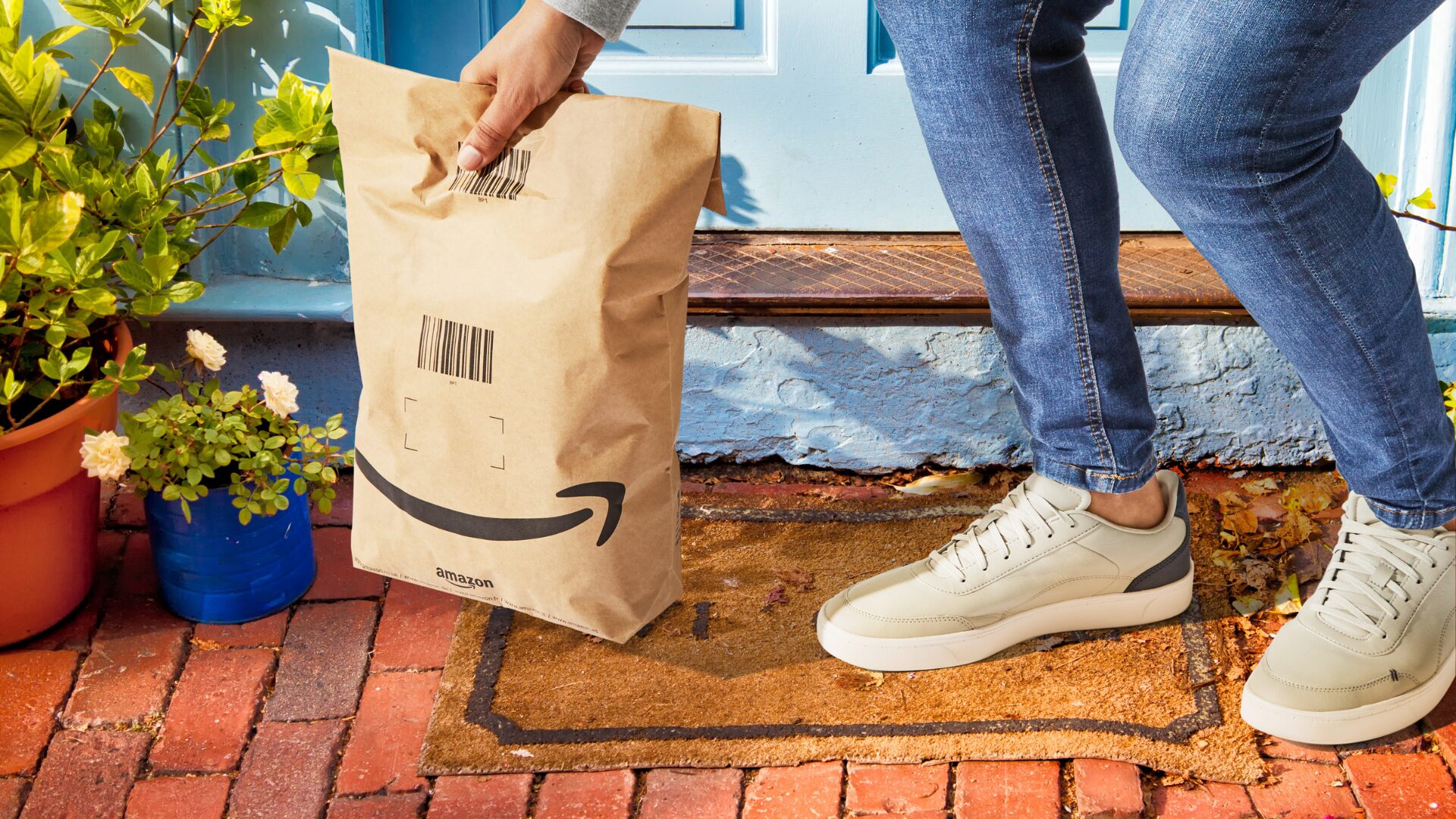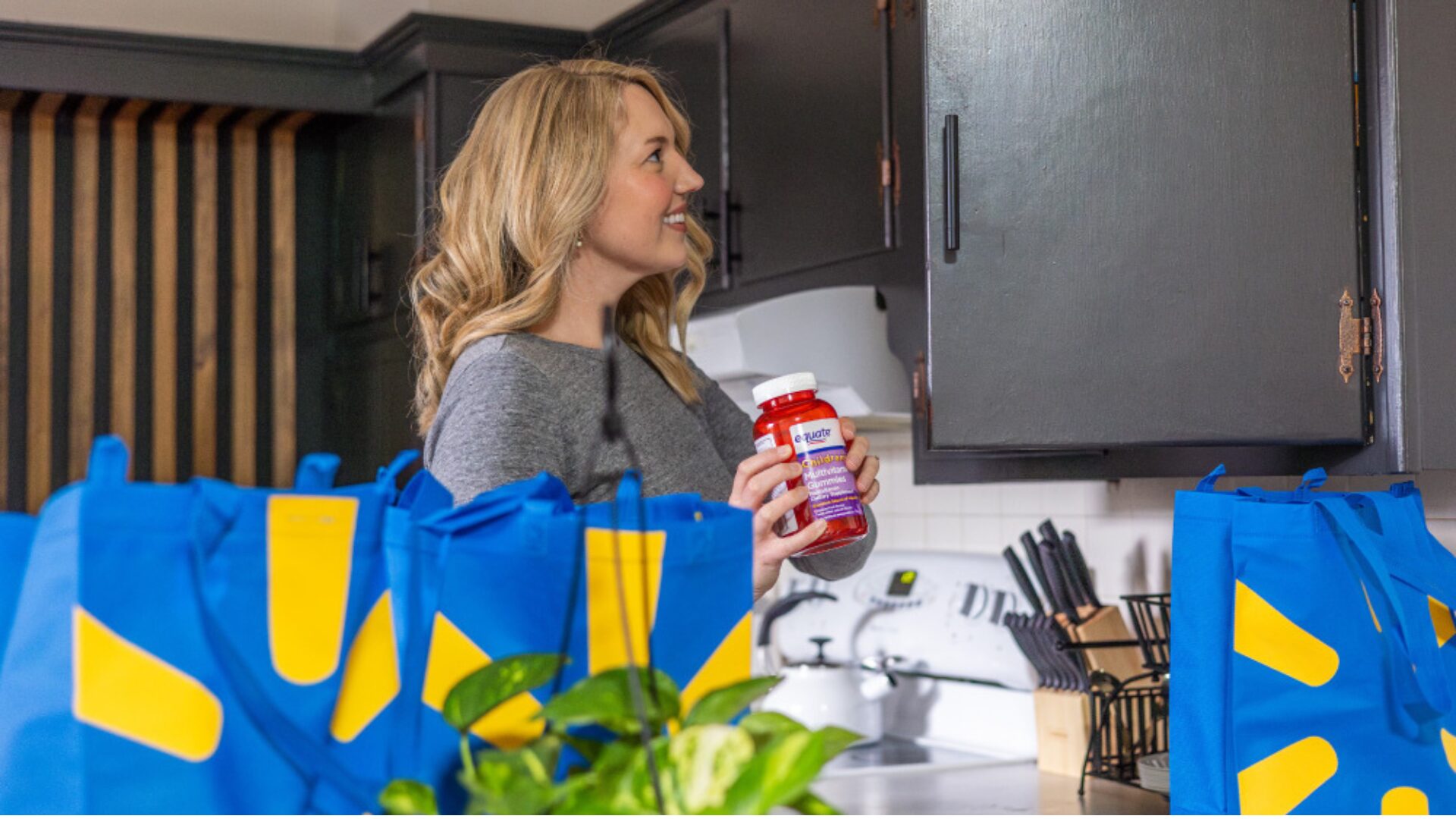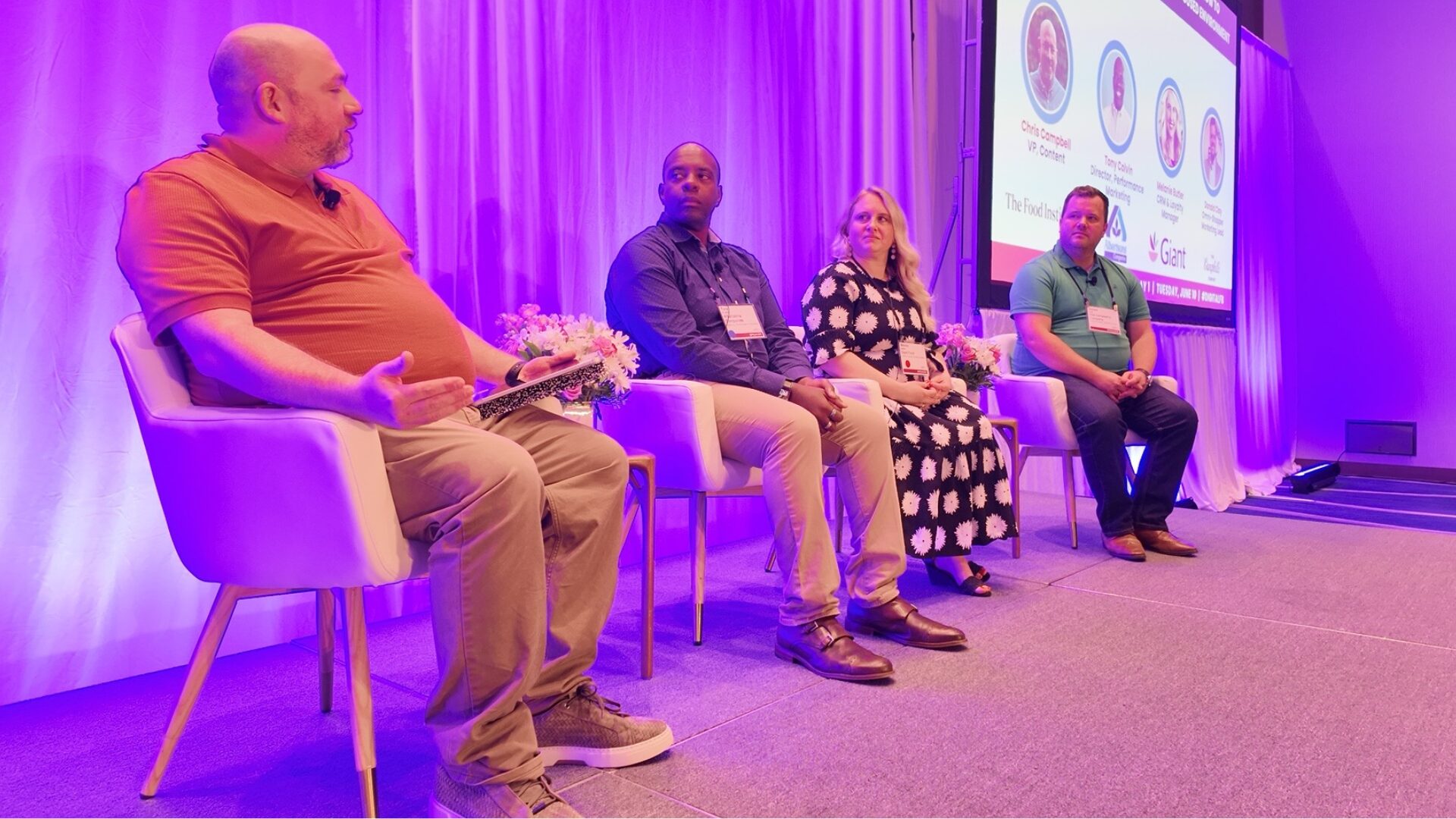Amazon ranked No. 1 for the first time in MBLM‘s Brand Intimacy 2020 Study.
“Amazon’s rise to the top is something we forecasted for years based on the insights we’ve been gathering,” said Mario Natarelli, managing partner, MBLM. “The brand’s dominance and breadth of portfolio have formed both intense and essential bonds with consumers. Examining top performers like Amazon can give us clues on how others can achieve their growth and success.” Amazon was also the only brand to appear in the top five across all three age groups studied.
Brand Intimacy is defined as the emotional science that measures the bonds consumers form with the brands they use and love. Walmart, Costco Wholesale, Target, and Starbucks also made the top 20.
The average revenue growth from 2009-2018 was 6.5% for the top 10 most intimate brands, compared to 5.2% for top S&P companies and 5.1% for Fortune 500 top brands. Willingness to pay more for intimate brands increased by 13%, suggesting a more stable economy and consumer confidence.
Los Angeles consumers might feel even more connected to Amazon after the opening of its new grocery store, which is slated to feature center-store items, a meat and seafood counter, an area for prepared foods and soups, and an online order pick-up station, reported Bloomberg (Feb. 13). The 33,000-sq. ft. store is the first of several the company plans to open in cities around the country.
Meanwhile, Walmart was a new top 10 entrant. Thirty percent of consumers even reported not being able to live without the company.
However, the company plans to get a little less intimate, scaling back its Jetblack personal shopping service, reported The Wall Street Journal (Feb. 13). The New York City-based program offers fast product delivery through text message.
The company plans to rebrand and in coming months will cease to be a personal-shopping service. Currently, members pay $600 a year to order anything, except fresh food, by text message. Their orders go to a Jetblack office where agents field customer requests and couriers fetch items so they can be hand delivered, usually on the same day.
Walmart was using Jetblack’s human agents to train an artificial intelligence system that would some day power an automated personal-shopping service.









